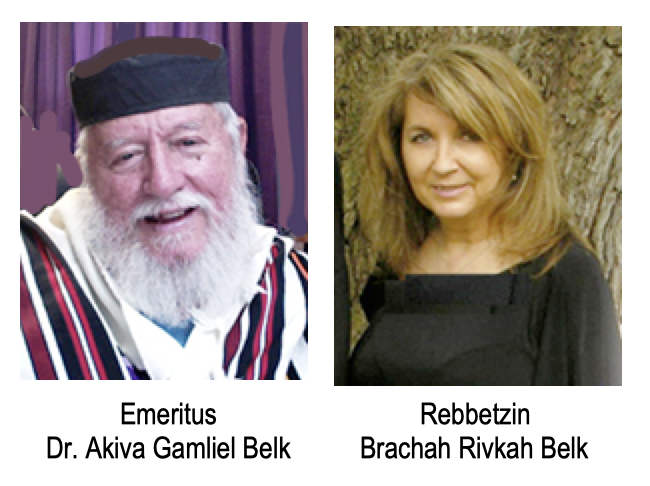The Journey of the Soul 9 – Cheshbon HaNefesh
The Journey of the Soul
חֶשְׁבּוֹן הַנֶּפֶשׁ
Cheshbon HaNefesh
Accounting of the Soul
Part 9
אֲדֹנָי שְׂפָתַי תִּפְתָּח וּפִי יַגִּיד תְּהִלָּתֶךָ
A-dnai sifatai tiftach, ufi yagid tehilatecha—
G‑d, Open my lips, that my mouth can declare Your praise
Hillel says, If I am not for myself, who will be for me?
But if I am only for myself, who am I? If not now, when? Ethics of the Fathers, 1:14
Thus Says the L-rd, your Redeemer, the Holy One of Israel; I AM The L-rd your G-d who Teaches you for your gain, who Leads you by the way that you should go. Yeshayahu (Isaiah) 48.17
Self-accounting is earnest deliberation on one’s religious and secular concerns, in the privacy of one’s thoughts, to discover what he has accomplished – and has yet to accomplish – of his obligations. Duties of the Heart Feldheim page 665
And none considers in his heart, neither is there knowledge nor understanding… Yeshayahu (Isaiah) 44.19
I thought on my ways, and returned my feet to Your Testimonies. Tehilim (Psalm)119.59
And to you, O L-rd, Belongs loving kindness; for You render to every man according to his work. Tehilim (Psalm)62.13
Every single night, before he lies down and before he sleeps, a person should make a reckoning of the actions that he did that whole day and repent for them, asking for mercy concerning them. Why at that time? Because then the Tree of Death prevails in the world, and all inhabitants of the world taste a taste of death; so at that time one should make a reckoning of his actions, confessing over them, since this is the time of death. These are called Masters of reckoning. The Zohar Pritzker Edition 3:178b page182
Confession must consist of both regret and the resolve to change one’s ways
I implore You, G‑d, I sinned, I transgressed, I committed iniquity before You by doing the following (confession of one’s sin goes here). Behold, I regret and am embarrassed by my deeds. I promise never to repeat this act again. Mishneh Torah Hilchot Teshuvah Rambam page 4 – Talmud Yoma 66a
Meditation helps us to learn how to do accounting of the soul.
Meditation is simply the activity of calling to mind and thinking about how to apply HaShem’s Words to oneself. We must consider how He Wants us to conduct our lives, how to consciously perform His Mitzvot. Finally we must strive to always be conscious that every thought, word and deed in our lives in done in the Presence of HaShem who watches over us. When we accomplish this it becomes the means of growing closer to G-d.
There are more ways to accomplish meditation but this is a simple way available to every one.
For instance as you are reading this, perhaps a verse in the Bible comes to mind.
I just thought about this one…..
Micah 6.8
He has told you, O man, what is good, and what the HaShem requires of you; but to do justice, to love (chesed) loving-kindness, and to walk humble with your (Eloheka) G-d.
So I consider what this means in my life today. Am I trying to accomplish this? If not why, is so how. Then enter into your journal the thoughts you have had. Account for your actions either positive or negative. Review once a week to discover if you have made progress.

Blessings and Peace
Rebbetzin Revi
